That was the sharing of Mr. Phan Minh Thong - Chairman of the Board of Directors of Phuc Sinh Group, when talking about the changes of businesses and partners after President Donald Trump decided to postpone imposing high taxes on imported goods from 75 countries, including Vietnam.
Pepper export is Vietnam's strength, accounting for 40% of output and 60% of export market share globally. In 2024, our country will export about 230,000 tons of pepper, earning 1.31 billion USD.
Notably, this item, considered as “black gold”, of Vietnam exported to the US market accounts for a large proportion. Specifically, in 2024, exports to this country reached 72,300 tons of pepper, with a value of about 409 million USD, accounting for 31% of Vietnam’s total pepper export turnover.
In the first three months of this year, Vietnamese enterprises exported nearly 47,300 tons of pepper of all kinds, worth 324.6 million USD. Compared to the same period last year, the amount of pepper exported decreased by 16.7%, but the value increased by 37.8% due to high pepper prices.
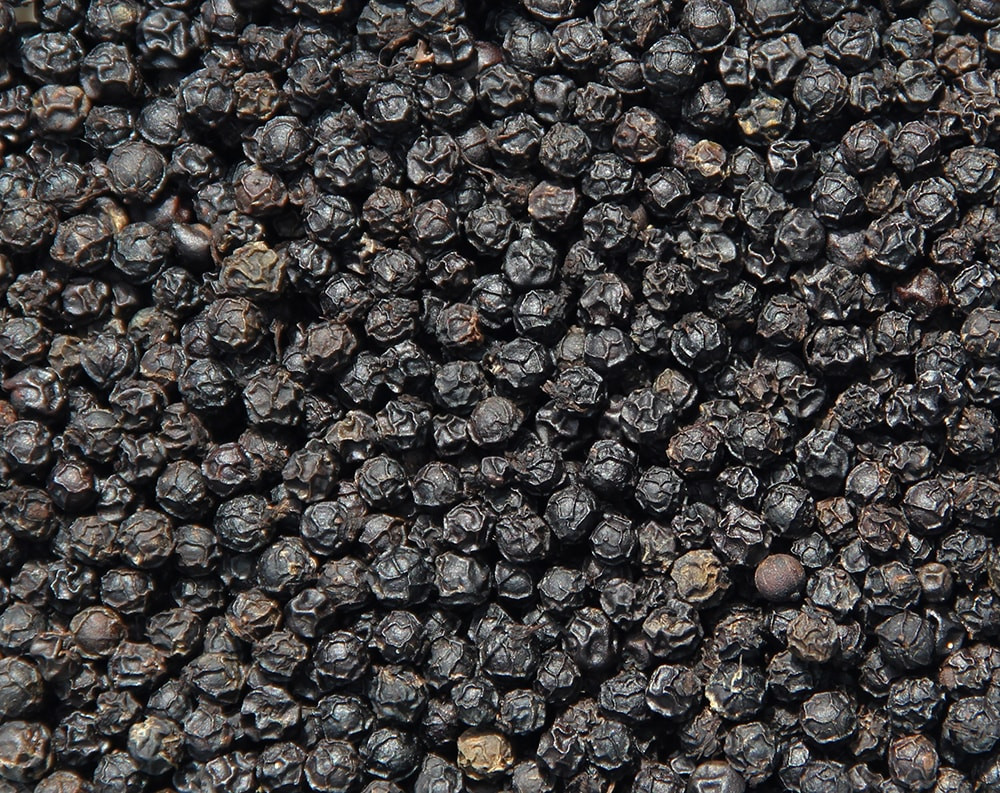
Pepper is a billion-dollar export item of Vietnam's agricultural sector. Photo: Minh Khang Pepper
Accordingly, in just 3 months, the US spent about 83.4 million USD to import 11,019 tons of "black gold", accounting for 25.7% of export turnover, and is also the largest customer of Vietnamese pepper.
The leader of the Vietnam Pepper and Spice Association said that because the US is the largest export market, the information about the 46% US tax rate has surprised businesses in this industry. By April 7, many contracts signed with US partners had to be stopped or canceled, because US customers feared that the tax increase would be very risky.
However, trading activities between Vietnamese and American businesses changed dramatically when President Donald Trump suddenly announced a temporary suspension of high import tariffs for 90 days.
Mr. Phan Minh Thong shared, "As the number 1 pepper exporter to the US, on April 9, many US customers met us and said they could no longer do business, but early in the morning of April 10, they texted us in droves, and many orders were sent in." Customers closed their purchases very quickly, forcing Phuc Sinh to work 'crazy' in 3 shifts.
Before the US's move to postpone high tariffs for 90 days, the price of "black gold" fluctuated strongly. In Vietnam, the price of pepper today (April 11) increased from 4,000-5,000 VND/kg, to 153,000-155,000 VND/kg.
Meanwhile, the export price of Vietnamese black pepper ranges from 6,600-6,800 USD/ton, while the price of white pepper is at 9,600 USD/ton.
The US cannot produce pepper so every year this market has to import a large amount, mainly from Vietnam. "Now we only focus on trading," said Mr. Phan Minh Thong.
With the 90-day tax deferral, in addition to urgently speeding up the completion of previously signed orders to ship to the US, Dr. Nguyen Thuong Lang - senior lecturer at the Institute of International Trade and Economics (National Economics University) recommends that businesses need to urgently prepare a large enough risk contingency strategy, capable of withstanding for a long time.
He suggested that the domestic market of 100 million people is very large. Vietnamese enterprises need to build a solid domestic supply chain to create the highest resilience to unexpected "shocks".
Meanwhile, the Chairman of the Board of Directors of Phuc Sinh Group said that if we want businesses to return, or support businesses to both develop their "home field" and expand their "away field", we need policies to support domestic manufacturing businesses like export businesses.
“When export enterprises sometimes borrow USD at an interest rate of just over 1%, while domestic production enterprises borrow VND at up to 9-10%, it cannot be considered a fair promotion mechanism. If the domestic production market has attractive interest rate loan packages, I believe that it can create a richer market for products,” Mr. Thong said frankly.
Along with that, if Vietnam has a commodity exchange, it will help businesses be more proactive, and can even participate in regulating the global flow of goods.
Mr. Thong emphasized that there is no “magic potion” that is immediately effective with support policies, but the trading floor can be a “magic bag” to help businesses significantly reduce the impact of tariffs on the US market. Trading through the floor, then the flow of goods will go from here to the whole world and not depend on one largest market.
Vietnamnet.vn
Source: https://vietnamnet.vn/khach-my-toi-tap-mua-vang-den-sau-hoan-ap-thue-dn-viet-gap-gap-tang-ca-2390085.html


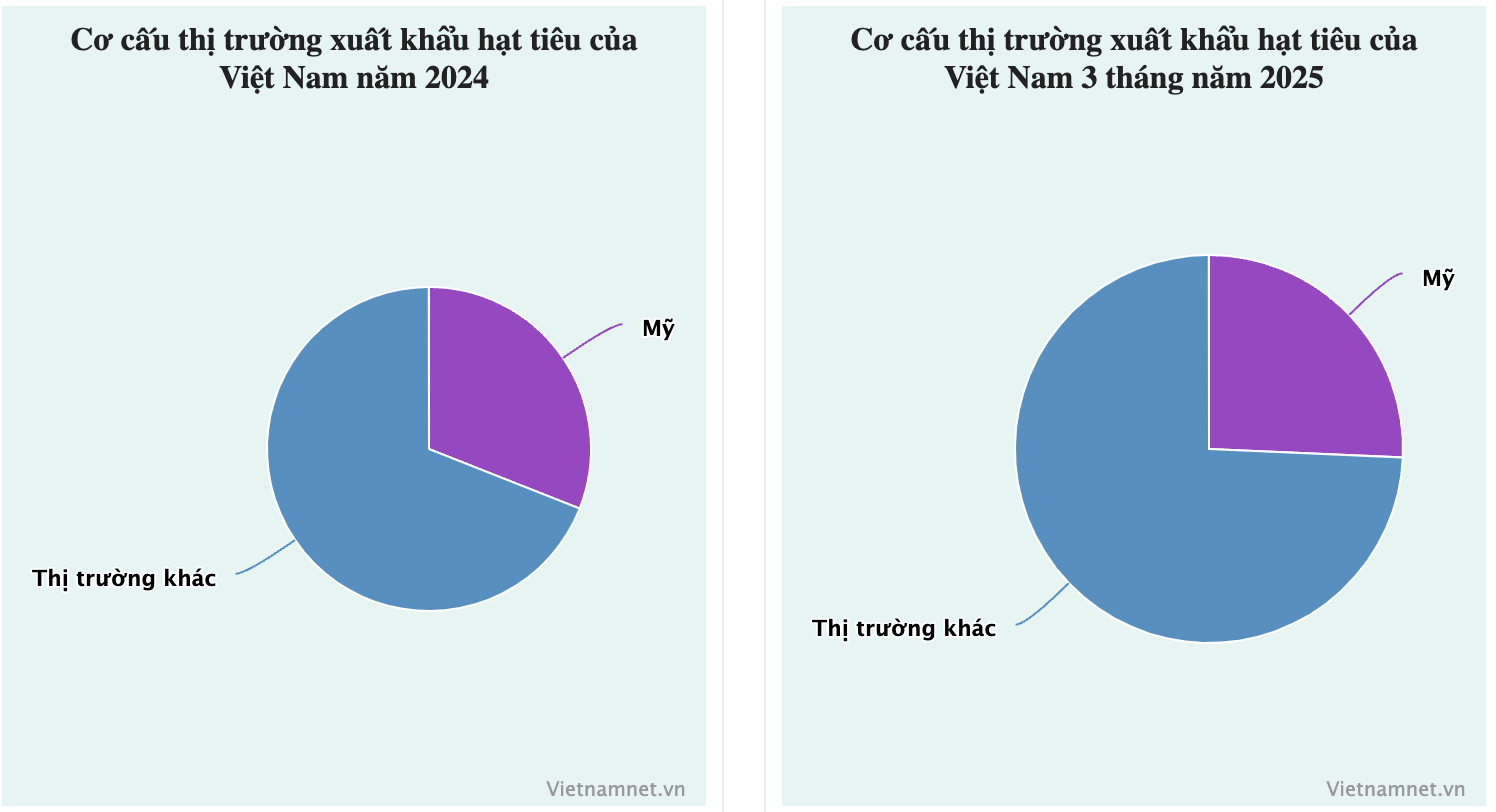



![[Photo] President of the Cuban National Assembly visits President Ho Chi Minh's Mausoleum](https://vphoto.vietnam.vn/thumb/1200x675/vietnam/resource/IMAGE/2025/10/1/39f1142310fc4dae9e3de4fcc9ac2ed0)
![[Photo] Hanoi morning of October 1: Prolonged flooding, people wade to work](https://vphoto.vietnam.vn/thumb/1200x675/vietnam/resource/IMAGE/2025/10/1/189be28938e3493fa26b2938efa2059e)
![[Photo] Keep your warehouse safe in all situations](https://vphoto.vietnam.vn/thumb/1200x675/vietnam/resource/IMAGE/2025/10/1/3eb4eceafe68497989865e7faa4e4d0e)
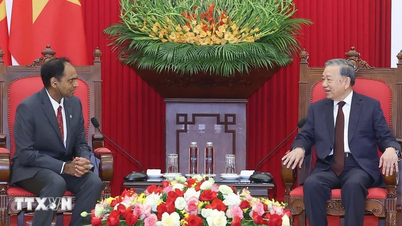













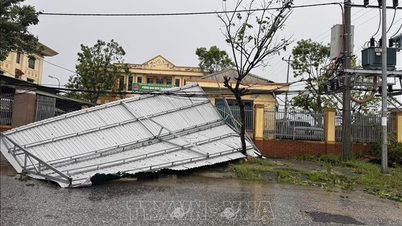
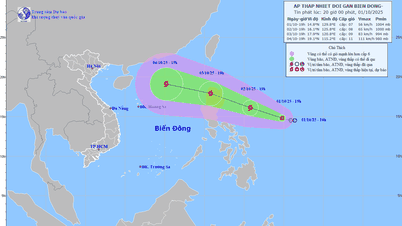
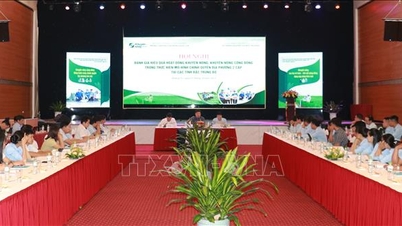









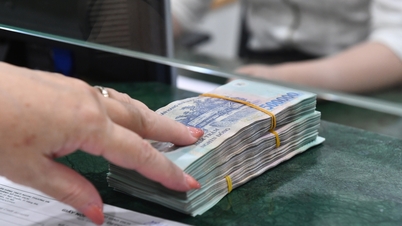
















































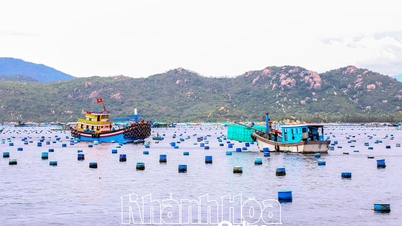













Comment (0)